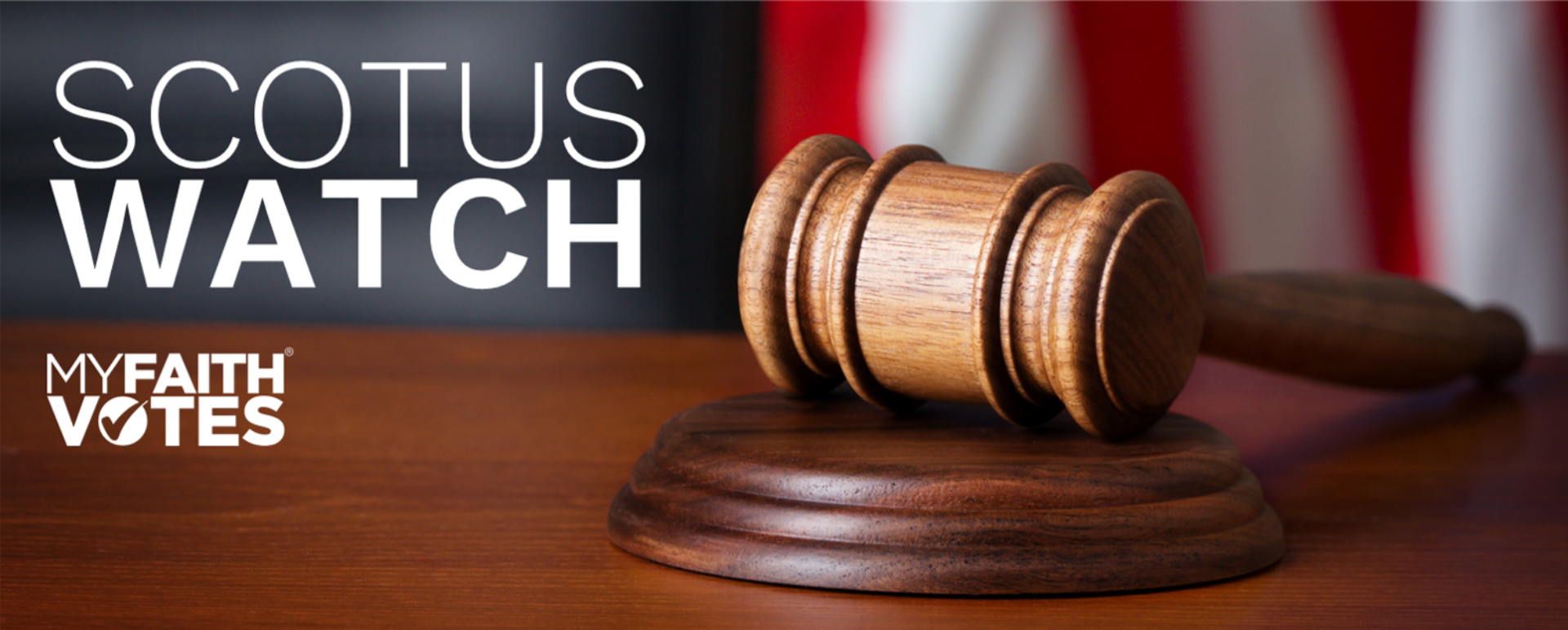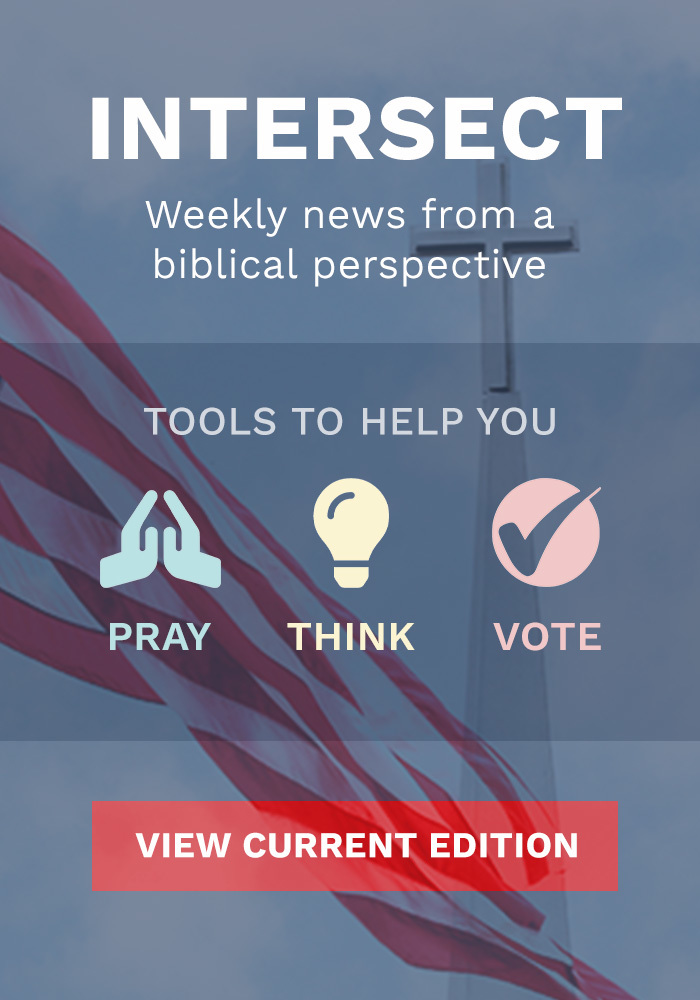
SCOTUS Watch | Nov 22, 2019
While Americans across the nation gear up for the holiday season with Thanksgiving and Christmas just around the corner, the Supreme Court has had a busy November hearing ten important cases.
The cases relate to issues involving immigration, the environment, and the Fourth Amendment just to name a few.
Here are three cases this month that are worth noting:
- Department of Homeland Security v. Regents of the University of California
- Kansas v. Glover
- County of Maui, Hawaii v. Hawaii Wildlife Fund
Department of Homeland Security v. Regents of the University of California
The Supreme Court heard arguments in three consolidated cases earlier this month (Department of Homeland Security v. Regents of the University of California, Trump v. NAACP, and McAleenan v. Vidal). All three cases were related to the Deferred Action for Childhood Arrivals program (also referred to as DACA). The Obama administration created the DACA program to allow illegal aliens who came to the United States as children and who were under the age of 30-years-old to apply for work authorization and deferral of deportation to stay in the United States. Later, the Obama administration removed the age limit and established the Deferred Action for Parents of Americans (DAPA). This new program grants status for parents of U.S. citizens who came to the U.S. illegally.
Both DAPA and DACA programs were challenged by 26 states that argued the programs violated the Administrative Procedure Act (APA), which requires agency rules to go through public notice and comment, and it violated U.S. immigration laws. The case was heard by the 5th Circuit U.S. Court of Appeals, which ruled in favor of the states. In 2016, the case was heard by the Supreme Court but a conclusive ruling was not reached because Justice Scalia passed away while the case was pending and the eight-member bench was deadlocked. The Department of Homeland Security and President Trump’s administration began rolling back the DACA program deeming it unlawful causing several more liberal states (such as New York, Washington D.C. and California) to then challenge the Trump administration in court.
The Trump administration maintains that it has the authority to reverse a program it views to be unlawful and since the Administrative Procedure Act prohibits judicial review of agency enforcement decisions, the courts may not review this decision. However, several states challenging the rollback argue this deprives recipients (DACA and DAPA) of due process.
The central question in this case: Is it judicially reviewable and lawful for the Department of Homeland Security to rollback the DACA and DAPA programs? Oral arguments for these three consolidated cases were heard on November 12, 2019.
Kansas v. Glover
Sheriff Deputy, Mark Mehrer in Douglas County, Kansas pulled over Charles Glover Jr. after running the license plate of his pickup truck and discovering that Glover’s license had been revoked. Glover was charged with driving as a habitual violator. Glover, however, filed a motion to suppress the evidence from the traffic stop and argued that Sheriff Deputy Mehrer violated his Fourth Amendment rights because he lacked sufficient evidence to conduct the traffic stop. The state court agreed with Glover and ruled in his favor. The Kansas Court of Appeals reversed the district court’s ruling causing the case to reach the Kansas Supreme Court which ruled that the Sheriff Deputy Mehrer’s suspicion alone did not establish reasonable enough suspicion to conduct the traffic stop. The case is now before the Supreme Court where the state of Kansas argues that the state requires more than reasonable suspicion to conduct a traffic stop.
The central question in this case: Under the Fourth Amendment, is it reasonable for an officer to suspect that the registered owner of a vehicle is the same individual driving the vehicle without any additional information or evidence to the contrary? Oral arguments for this case were heard on November 4, 2019.
County of Maui, Hawaii v. Hawaii Wildlife Fund
Maui County in Hawaii has four wells that act as the primary means of liquid waste disposal for the county. The Lahaina Wastewater Reclamation Facility treats wastewater every day and then injects it into the underground wells. In 2013 the Environmental Protection Agency (EPA) found that 90 percent of this wastewater put underground ends up in the Pacific Ocean. The Clean Water Act requires an exemption from the National Pollutant Discharge Elimination System, if there is a discharge of pollutants from a point source. Environmental groups sued Maui in 2012 claiming the wastewater facility wells were damaging marine life and a reef. However, Maui County argued that it is not required to obtain a federal permit for pollution that travels through groundwater. The EPA actually released a new interpretation of the Clean Water Act that supported the arguments Maui County’s arguments. The case was heard by the 9th Circuit Court which ruled in favor of the environmentalists.
The central question in this case: Does the Clean Water Act require a permit to be obtained if pollutants from a point source are conveyed to navigate waters by a nonpoint source such as groundwater? Oral arguments for this case were heard on November 6, 2019.
Please continue to pray faithfully every month for our nine Supreme Court Justices to seek the Lord for His wisdom as they rule on these important cases.
“Evil men do not understand justice, but those who seek the Lord understand it completely.”
Proverbs 28:5
###
My Faith Votes— is a ministry that motivates, equips, and activates Christians in America to vote in every election, transforming our communities and influencing our nation with biblical truth. An estimated 25 million Christians who are registered to vote, fail to vote in presidential elections. My Faith Votes is on a mission to change this statistic by helping Christians act on their faith and vote in every election. When we pray unceasingly for our nation, think biblically about the issues, and vote consistently in every election the impact of Christians taking action from the local to the state and federal level will be unprecedented.
Website | www.myfaithvotes.org Twitter | @MyFaithVotes Facebook | My Faith Votes
